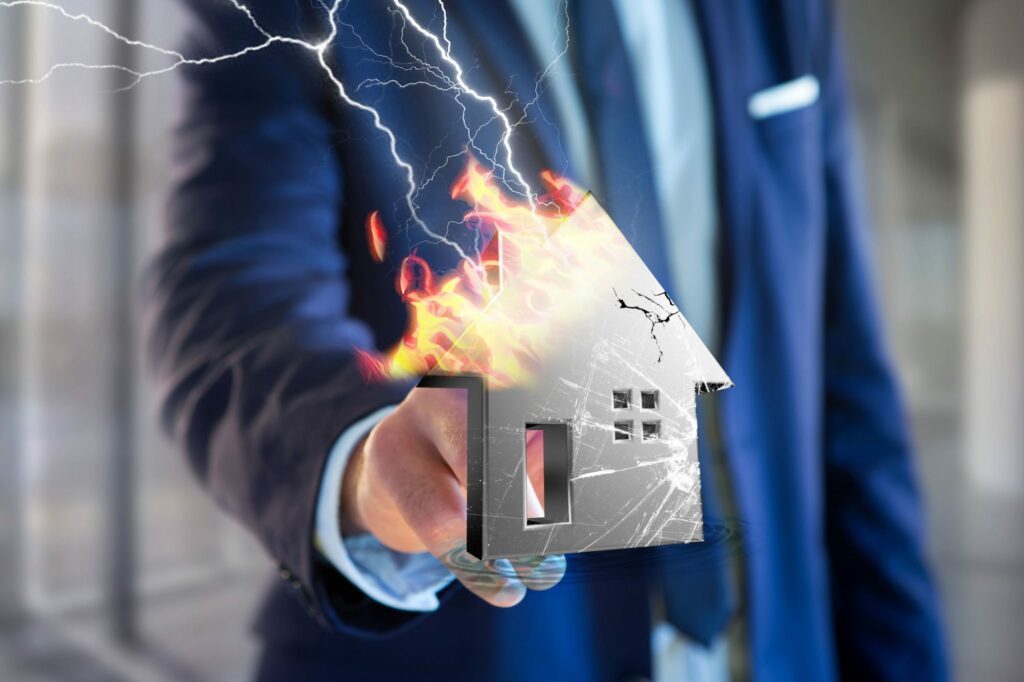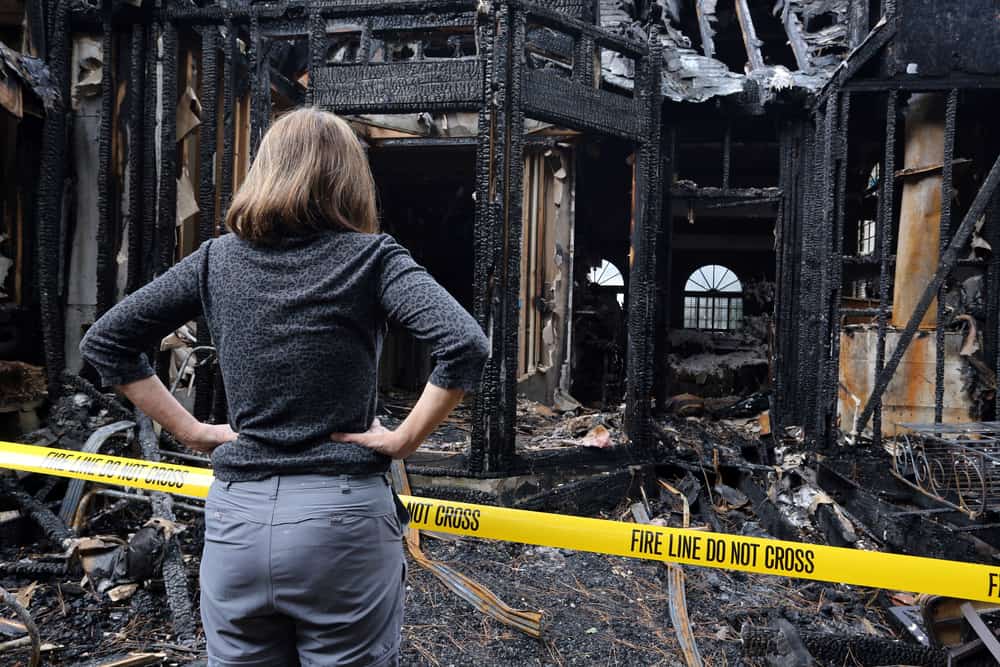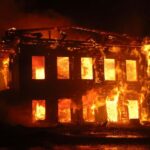Fire Insurance California: Most Common Losses When Fire Occurs
A fire can start in an instant and burn until its fuel supply runs out, destroying homes and property, injuring people, and killing them all in a matter of seconds. According to the National Fire Protection Association (NFPA), over 350,000 house structure fires occur each year in the United States, resulting in about $7 billion indirect damage. It’s critical to have a fundamental grasp of the many sorts of fires, how they burn, and the dangers to look out for in order to avoid a severe fire loss.
The most serious damage that a fire can do is human loss. Sadly, fire-related mortality in the United States is among the highest in the industrial world per capita. Property damage occurs when fires destroy houses and businesses, resulting in major financial losses. In 2011, a total of $14.9 billion in revenue was lost.
Fire Prevention Tips from Fire Insurance California
Most home fires occur in the kitchen. Common causes of fires at night stem from carelessly discarded cigarettes, sparks from fireplaces without spark screens or glass doors and heating appliances left too close to furniture or other combustibles. These fires can be particularly dangerous, seeing as they may smolder for an extended period before being discovered by sleeping residents.
Regardless of where or how they start, most home fires are preventable. Follow these simple steps to help prevent such a tragedy.
Regardless of where or how they start, most home fires are preventable. Follow these simple steps to help prevent such a tragedy.
Cooking
- Stay in the kitchen when you are frying, grilling or broiling food. If you leave the kitchen for even a short period of time, turn off the stove.
- Wear short-sleeved or tight-fitting clothing when cooking.
- Do not cook if you are sleepy, have been drinking alcohol or have taken medicine that makes you drowsy.
- Keep children away from cooking areas by enforcing a “kid-free zone” of 3 feet around the stove.
- Position grills at least 10 feet away from siding and deck railings, as well as out from under eaves and overhanging branches.
Smoking
- If you smoke, smoke outside. Most home fires caused by smoking materials start inside the home.
- Make sure cigarettes and ashes are out. The cigarette needs to be completely stubbed out in some kind of ashtray, such as a glass dish or a can filled with sand. Soak cigarette butts and ashes in water before throwing them away. Never toss hot cigarette butts or ashes in the trash can.
- Check for cigarette butts indoors. Chairs and sofas catch on fire fast and burn fast, so don’t put ashtrays on them. If people have been smoking in the home, check for cigarettes under cushions.
- Never smoke in a home where oxygen is used, even if it is turned off. Oxygen can be explosive and makes fire burn hotter and faster.
- Be alert—don’t smoke in bed! If you are sleepy, have been drinking or have taken medicine that makes you drowsy, put your cigarette out first.
Portable Space Heaters
- Keep combustible objects at least 3 feet away from portable heating devices.
- Buy only heaters evaluated by a nationally recognized laboratory, such as Underwriters Laboratories (UL).
- Check to make sure the portable heater has a thermostat control mechanism, and will switch off automatically if the heater falls over.
- Check with your local fire department on the legality of kerosene heater use in your community.
- Only use crystal clear K-1 kerosene in kerosene heaters. Never overfill it. Use the heater in a well-ventilated room.
Fireplaces and Woodstoves
- Inspect and clean wood stove pipes and chimneys annually and check monthly for damage or obstructions.
- Never burn trash, paper or green wood.
- Use a fireplace screen heavy enough to stop rolling logs and big enough to cover the entire opening of the fireplace to catch flying sparks.
- Make sure the fire is completely out before leaving the house or going to bed.
- Store cooled ashes in a tightly sealed metal container outside the home.
Children
- Take the mystery out of fire by teaching children that fire is a tool, not a toy.
- Store matches and lighters out of children’s reach and sight, preferably in a locked cabinet.
- Teach children not to pick up matches or lighters they may find. Instead, have them tell an adult immediately.
- Never leave children unattended near operating stoves or burning candles, even for a short time.
Overall, fire, in general, can be a destructive agent. Understanding the magnitude of the threat, the most prevalent causes of fires, and how to avoid them will help you safeguard your home and loved ones from home fires. Contact Us to learn more on how Fire Insurance California can be of help in your fire claims.
Related Post
GET THE RIGHT FIRE INSURANCE PROTECTION
**Fire Insurance California is not affiliated with telemarketers and/or third party solicitation.**







